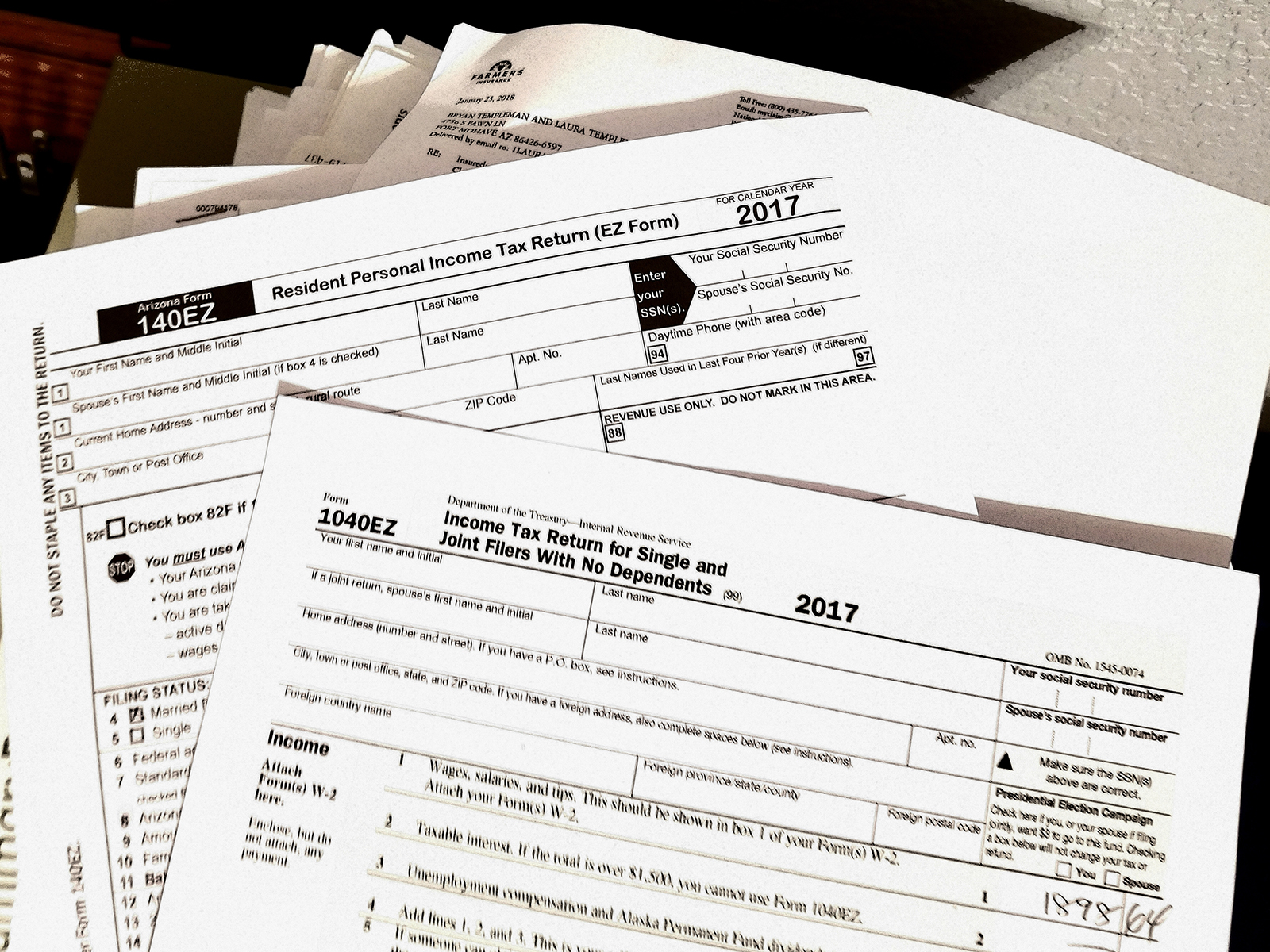Discover Our Latest Blog Posts
Here are the most current industry news and analyses to take your business a step ahead!
Our Blog Posts
Discover Our Latest Blog Posts
Setting Up a Company in the USA and Choosing a State
At Mentoreis, we have supported over 1000 individual and corporate entrepreneurs in establishing companies in the USA over the past two years. With our expertise and experienced team, we are always here to assist you.
Why Should I Set Up a Company in the USA?
Low company establishment and management costs: The application process and follow-up are conducted online.
Access to Paypal and Stripe: You gain easy access to international payment and receipt options.
Large Market and High Purchasing Power: The USA is the world's largest economy, offering a vast consumer market with significant potential for your products and services.
International Prestige: Establishing a company in the USA provides international prestige and reliability. As an American company, your business capacity and reputation increase globally.
Reputation and Reliability: As an American company, you gain more trust and credibility with business partners and customers. This is a significant advantage for growing your business and creating new opportunities.
Good to Know: To establish a company in the USA;
You do not need to be a US citizen.
You do not need a US visa.
You do not need a US residence permit.
You do not need to have a contact in the USA.
You do not need to travel to the USA.
Which State Should I Establish My Company In? If you are considering setting up a company in the USA, choosing the most suitable state based on your business type and model is crucial. The legal regulations, tax structures, and business-friendly environments of the states can directly impact the success of your company. Due to the recent requirement for physical invoices by marketplaces and banking institutions, the Mentoreis team recommends setting up your company in New Jersey. So, what advantages do we offer in New Jersey?
We manage processes with a physical accounting firm in New Jersey.
Instead of a virtual address, we provide you with a specific suite number at our accounting firm’s physical address.
If you need a physical invoice, we ensure you can obtain an invoice in your company’s name by quickly arranging an internet connection with our accounting firm. (The service fee and internet service cost are covered by you.)
Do We Provide Services in Other States? Yes, we also provide services to our clients in other states. You can get more information by chatting live with our expert team about state selection....
What Are the Types of Companies in the USA?
For those considering establishing a company in the USA, there are various types of companies to choose from. Each type has different legal structures, tax advantages, and levels of liability. Here are the main types of companies in the USA:
Sole Proprietorship
Ownership: Owned and managed by a single person.
Legal Status: The simplest and least costly form of doing business.
Liability: The owner's personal assets are liable for business debts.
Taxation: Business profits and losses are included in the owner's personal tax returns.
Partnership
General Partnership: Partners have equal rights in managing the business and unlimited liability.
Limited Partnership: One or more partners have limited liability and typically do not take an active role in managing the business.
Ownership: Owned by two or more individuals.
Legal Status: Determined by an agreement between partners.
Liability: In a general partnership, all partners have unlimited liability. In a limited partnership, some partners have limited liability.
Taxation: Subject to personal taxation of the partners.
Limited Liability Company (LLC)
Ownership: Can be owned by one or more individuals (members).
Legal Status: Combines the advantages of both corporations and partnerships.
Liability: Members are not personally liable for company debts.
Taxation: Members can include business profits and losses in their personal tax returns (pass-through taxation).
Corporation
C Corporation: Recognized as a separate legal entity and taxed independently of its owners.
S Corporation: A corporation that meets specific IRS criteria for tax advantages, with profits taxed as pass-through to the owners.
Ownership: Can be owned by shareholders.
Legal Status: A separate legal entity with its own legal rights.
Liability: Shareholders' liability is limited to their investment.
Taxation: If taxed as a C Corporation, both the corporation and shareholders are taxed (double taxation). If taxed as an S Corporation, profits are taxed as pass-through to the shareholders.
Nonprofit Corporation
Ownership: Managed by founders and members, but does not aim for profit.
Legal Status: Can obtain tax-exempt status and serves the public.
Liability: The personal assets of the directors are not liable for the company's debts.
Taxation: Generally exempt from federal and state taxes.
Professional Corporation (PC)
Ownership: Typically owned by licensed professionals (doctors, lawyers, accountants, etc.).
Legal Status: Designed specifically for those providing professional services.
Liability: Owners' personal assets are protected from company debts, but they may be personally liable for professional malpractice.
Taxation: Usually taxed as a C Corporation, though some states may have different tax rules.
The choice of company type in the USA depends on your business model, ownership structure, tax strategy, and legal liability requirements. It is important to consider the advantages and disadvantages of each type to select the most suitable one.
...
Basic IRS Forms and Their Purposes
Basic IRS Forms for Individual Taxpayers
Form 1099: This IRS form is used to report payments made to independent contractors, freelancers, or individuals earning non-employment income. It ensures accuracy in income reporting and maintains tax compliance.
Form 1040: Individual income tax return. It is used by individuals in the USA to file their annual income tax returns.
Form W-2: Wage and Tax Statement. Employers use this form to report employees' annual income and taxes paid to both the employees and the IRS.
Basic IRS Forms for Businesses
Form 1120: U.S. Corporation Income Tax Return. Used by C Corporations to file their annual income tax returns.
Form 1065: U.S. Return of Partnership Income. Used by partnerships to file their annual income tax returns.
Form 941: Employer’s Quarterly Federal Tax Return. Used by employers to report federal income tax, social security, and Medicare taxes withheld from employees' wages.
IRS Forms for Special Situations
Form 4868: Application for Automatic Extension of Time to File U.S. Individual Income Tax Return. Used by individual taxpayers to extend the deadline for filing their income tax returns.
Form 4506-T: Request for Transcript of Tax Return. Used to request a copy of a previously filed tax return.
Form W-4: Employee's Withholding Allowance Certificate. Used by employees to inform their employers how much federal income tax should be withheld from their wages.
IRS Forms for International Transactions
Form 1042-S: Foreign Person's U.S. Source Income Subject to Withholding. Provides information about payments and withholdings made to non-resident individuals in the USA.
Form 5471: Information Return of U.S. Persons With Respect to Certain Foreign Corporations. Used to report financial information of foreign corporations controlled by U.S. persons.
Other Important IRS Forms
Form 8949: Sales and Other Dispositions of Capital Assets. Used to detail capital gains and losses.
Form 720: Quarterly Federal Excise Tax Return. Used to report federal excise taxes on specific goods and services.
These forms are essential for various tax situations and obligations. For more information on the usage and requirements of each form, refer to the relevant IRS resources.
...
Essential Definitions for Your American Company
Employer Identification Number (EIN): EIN is a nine-digit identification number issued by the IRS to businesses. It is required for tax returns, bank accounts, hiring employees, and official documents.
Individual Taxpayer Identification Number (ITIN): ITIN is an identification number issued by the IRS for tax purposes to individuals who do not have a social security number. It is used on tax returns for non-residents and foreign nationals who are taxpayers in the USA.
Sales Tax: A tax imposed by state and local governments on the sale of goods and services. It is collected at the point of sale and based on consumer spending.
State Income Tax: A tax imposed by state governments on the income of individuals and businesses. It is used to fund public services such as education, healthcare, and infrastructure.
Federal Tax: A tax imposed by the federal government on the income of individuals and businesses. It funds national defense, social security, healthcare, and public services.
Sales Tax ID: An identification number used by businesses to collect and remit sales tax to the state. It ensures businesses collect and report sales tax properly.
Resale Certificate: A document that allows businesses to purchase goods for resale without paying sales tax. It ensures goods bought for resale are tax-exempt.
D-U-N-S Number: A unique nine-digit number issued by Dun & Bradstreet used to track a business's credit information and commercial activities. It enhances a business's credibility in credit evaluations and commercial relationships.
Franchise Tax: A tax imposed by states on businesses based on their net income or capital. It is paid in exchange for the right to operate within the state.
Articles of Incorporation: The official document filed with the state government to establish a corporation. It includes the company name, purpose, shareholder structure, management structure, and other details.
Registered Agent: A person or entity designated to receive legal documents and official notices on behalf of the business. It is required in most states.
Certificate of Good Standing: A document confirming that a business complies with all state requirements. It is necessary for opening bank accounts, forming partnerships, or obtaining investments.
Operating Agreement: An agreement among LLC owners outlining the management structure, operations, and financial arrangements of the company. It regulates the internal affairs of the company and prevents disputes.
Corporate Bylaws: A document outlining the rules and procedures for managing a corporation. It governs the daily operations and management policies of the company.
Foreign Qualification: The process required for a business established in one state to legally operate in another state. It ensures the company can legally conduct business in other states.
Business License: A permit issued by local, state, or federal government authorizing a business to operate legally. It ensures the business is legally compliant.
Trademark: Legal protection for a business's name, logo, or symbols. Trademark registration protects the business's identity and reputation.
Patent: A legal document granting the owner exclusive rights to use, sell, or license a new invention for a certain period. It protects inventions and gives exclusive rights to the inventor.
Copyright: Legal protection granting the creator of original works the rights to use, reproduce, and distribute their work. It protects artistic works, music, writings, and other creative works.
Employer Withholding Tax: A tax that employers withhold from employees' wages and remit to the government, covering federal, state, and local taxes. It ensures employees meet their tax obligations.
Nexus: The sufficient physical or economic presence of a business in a state that creates a tax obligation. It determines where a business must pay taxes.
Business Structure: The legal and operational framework chosen by business owners, such as sole proprietorship, partnership, LLC, or corporation. It defines management, taxation, and legal responsibilities.
Business Credit Score: A scoring system that evaluates a business's financial health and creditworthiness. It is used for credit applications, commercial relationships, and investor confidence.
Trade Name: The name a business uses in commercial activities other than its legal name. It builds brand identity and is used in marketing.
Annual Franchise Tax Report: An annual report required by some states from companies detailing their financial status and operations. It ensures compliance with state laws and confirms the business is active.
Registered Office: The legal address where a company is registered and can receive legal documents. It ensures secure receipt of legal notices and documents.
Payroll Taxes: Taxes that employers withhold from employees' wages and remit to federal, state, and local governments. They cover social security, Medicare, and income tax obligations.
Business Plan: A detailed document outlining a business's goals, strategies, market analysis, and financial projections. It is used to attract investors, guide business direction, and secure financing.
Federal Tax ID: A unique identification number issued by the IRS for federal tax purposes. Also known as EIN, it is required for tax returns, bank transactions, and legal documents.
Excise Tax: A tax on the production, sale, or consumption of specific goods. It is typically imposed on items such as tobacco, alcohol, and fuel.
Business Insurance: Insurance policies that protect a business against various risks. It covers property loss, legal liabilities, and employee compensation.
Operating Capital: Financial resources required for the daily operations of a business. It covers purchases, payroll, and other operational expenses.
Net Income: The profit obtained after all expenses are deducted from total revenue. It evaluates the profitability and financial performance of the business.
Compliance: The process of ensuring a business meets all legal and regulatory requirements in its industry and jurisdiction. It prevents legal issues and protects the business's reputation.
Business Entity: A legally recognized business form, such as LLC, C Corporation, or S Corporation. It defines the business structure and legal responsibilities.
Double Taxation: The taxation of corporate earnings at both the corporate level and the shareholder level. It is relevant for C Corporations and is an important concept in tax planning.
Depreciation: An accounting method reflecting the decrease in value of business assets over time. It provides a tax advantage by allowing the assets' cost to be deducted.
Fiscal Year: A 12-month period used for accounting and financial reporting. It typically runs from January to December but can be a different period. It is used for financial analysis and reporting.
Gross Income: The total income from all sales or revenue sources before expenses are deducted. It evaluates the financial performance of the business.
Liability: The debts and financial obligations of a business. It assesses the financial condition and risks of the business.
Market Research: Research conducted to understand potential customer needs, market trends, and competition. It helps develop business strategies and identify opportunities.
Working Capital: Short-term financial resources necessary for the daily operations of a business. It assesses the liquidity and financial health of the business.
Articles of Organization: Official documents filed with the state to establish an LLC. It ensures the legal recognition of the LLC.
Payroll: The total compensation paid to employees, including wages, taxes, and deductions. It ensures accurate and timely payment of employee salaries.
Profit and Loss Statement: A financial statement showing income and expenses over a specific period. It evaluates the financial performance and profitability of the business.
Capital Gains Tax: A tax on profits from the sale of investments or assets. It ensures the taxation of investment gains....
Opening a Bank Account for Your Company in the USA
Have you established your company in the USA but need a bank account for it? You have two options:
Opening a Physical Bank Account for Your Company
Opening an Online Bank Account for Your Company
Although opening a bank account in the USA is not as easy as establishing a company, it is not as difficult as you might think. So, which route should you take to open a bank account for your company?
If you have a US visa and are the legal representative of the company, you can go to the USA and request to open an account in physical banks such as Bank of America, Chase, etc. If you cannot go to the USA to open a bank account, it will be challenging to open an account with physical banks. In this case, it would be more appropriate to turn to online banks. So, which online banks can you consider?
Mercury
Payoneer
Wise
During the process of opening an account with online banks, you will need some company documents, such as your EIN document, Certificate of Good Standing, Articles of Organization, Operating Agreement, etc.
When opening an online bank account, especially if you have a website or are already selling on any marketplace in the USA, sharing your store link with the banks will facilitate the process.
Be very careful when applying! If you provide incorrect information during the application, make a mistake while uploading a document, or make similar errors, it may end the process of opening an account with the few online banks we have access to. At this point, we recommend seeking expert support.
If you would like to start the process of opening a company bank account in the USA, you can chat live with our expert team and ask your questions. (We provide free support in the bank account opening processes for our customers who have completed the company formation procedures with our firm.)
...




